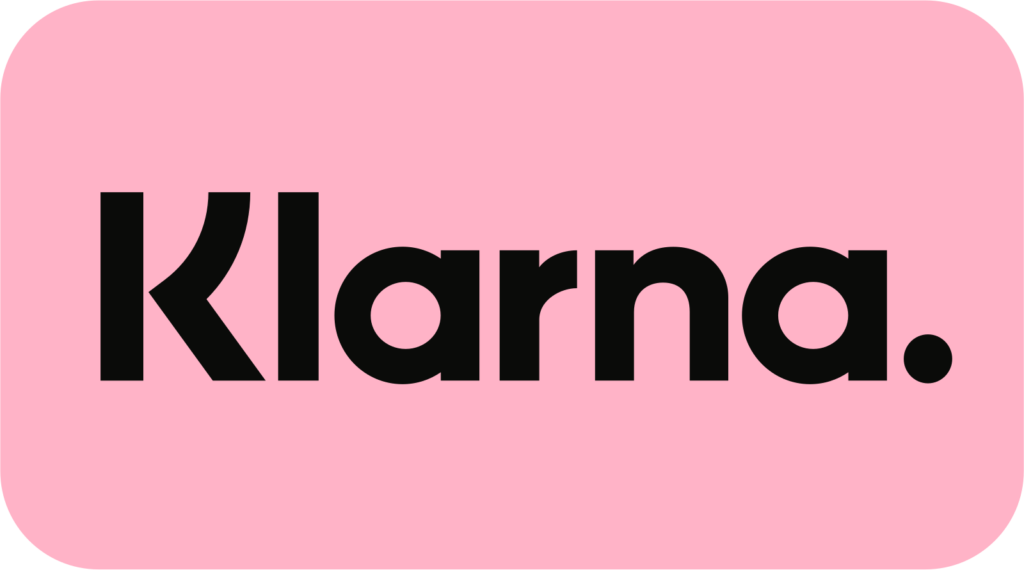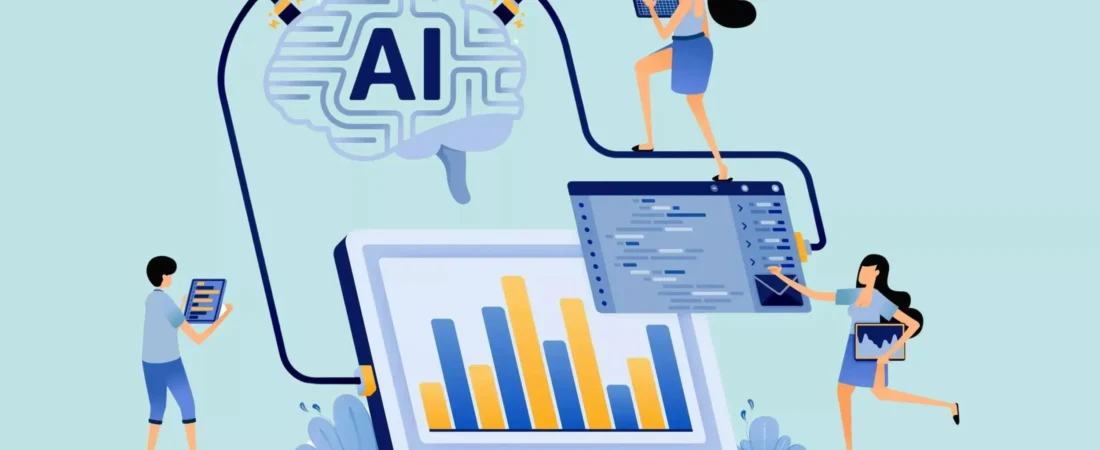In 2025, we’re watching a business transformation unfold: massive corporate teams are no longer the default path to success. Instead, lean, AI-powered teams are building, scaling, and thriving—proving that smaller can often mean smarter.
Thanks to rapid advancements in artificial intelligence and automation, we’re entering the age of small-teamed businesses—a time when just a few focused individuals, equipped with the right AI tools, can achieve what once took entire departments.
Let’s dive into why this shift is happening, what tools are making it possible, and real-world examples that show this trend isn’t slowing down any time soon.
🤖 Why Small Teams Are Winning in the Age of AI
A few years ago, it was unthinkable for a single founder or a team of three to launch and run a competitive business across content, operations, sales, and customer service. Today, AI makes it possible—and even preferable—to stay lean.
Here’s how AI is flipping the script:
- Increased Efficiency: Tasks that took hours now take minutes—writing, research, design, coding, scheduling, analysis.
- Lower Overhead: Less need to hire large teams or pay for expensive services.
- Scalability: Automated workflows can handle growth without breaking the system.
- Focus on Strategy: AI handles the repetitive; humans handle the creative.
🔍 Real-World Examples of AI-Enabling Lean Teams
1. RocketAir’s 4-Day Workweek with AI
RocketAir, a design and innovation firm, introduced a 4-day workweek without sacrificing output—thanks to tools like Notion AI, Otter.ai, and ChatGPT.
“We’re not working less hard, we’re working smarter,” says the company’s CEO.
Their team of 15 is still producing high-impact creative work, collaborating remotely, and managing full client loads—all while enjoying long weekends. Their secret? Strategic AI integration.

🧠 2. Klarna’s AI Customer Support Takes Over
Klarna, the fintech giant, now uses AI to handle two-thirds of its customer service interactions—reducing response time, boosting customer satisfaction, and minimizing the need for large support teams.
This shows how even enterprise-level companies are leaning into AI to become more agile and efficient.

📚 3. Duolingo Automates Language Content
Duolingo, a leader in edtech, is using AI to generate lesson plans and create new learning content dynamically. This shift has allowed them to reduce reliance on manual lesson writing, accelerate product updates, and offer more personalized learning paths.
This kind of automation isn’t limited to language learning—it’s happening across industries.

🧰 Must-Have AI Tools for Small Teams
If you’re running or thinking about starting a lean business, here are some AI tools that can make a massive impact:
| Tool | What It Does |
|---|---|
| ChatGPT | Content creation, research, emails, brainstorming |
| Notion AI | Task summaries, meeting notes, document drafting |
| Zapier | Connects apps and automates workflows without code |
| ClickUp Brain | AI project manager for smarter task tracking |
| Devin AI | AI software engineer that writes and debugs code |
| Otter.ai | Transcribes meetings and generates action items |
| Breeze AI by HubSpot | Automates customer engagement and lead generation |
🌍 The Global Impact of AI on Solopreneurs & Startups
This AI-driven shift isn’t just happening in Silicon Valley. It’s empowering:
- Solo consultants in Argentina to run global operations from a laptop.
- Freelancers in Nigeria to scale their personal brands with AI-generated content.
- Founders in rural towns to build SaaS products without a full dev team.
AI is democratizing entrepreneurship by removing technical and financial barriers—and it’s only the beginning.
🔮 What This Means for the Future of Business
Here’s what we predict:
✅ Fewer hires, more leverage. Businesses will prioritize AI literacy over headcount.
✅ Global teams, asynchronous work. AI supports flexible, remote, 24/7 operations.
✅ Micro-agencies and one-person startups will become the norm in creative and tech industries.
✅ The job market will evolve. People will work with AI, not compete against it.
In short: the small team isn’t just surviving—they’re thriving.
📢 Final Thoughts: Lean Is the New Loud
If you’re building a business in 2025, think lean. Think automated. Think AI-first.
You don’t need a huge team to make a huge impact. With the right tools and mindset, a few people (or even just you!) can do the work of ten. The key is to stay adaptable, keep learning, and use AI to amplify your creativity—not replace it.
➡️ Want to explore how to set up your small business AI stack? Stay tuned—our next post breaks down an AI-powered startup tech stack for under $100/month.

